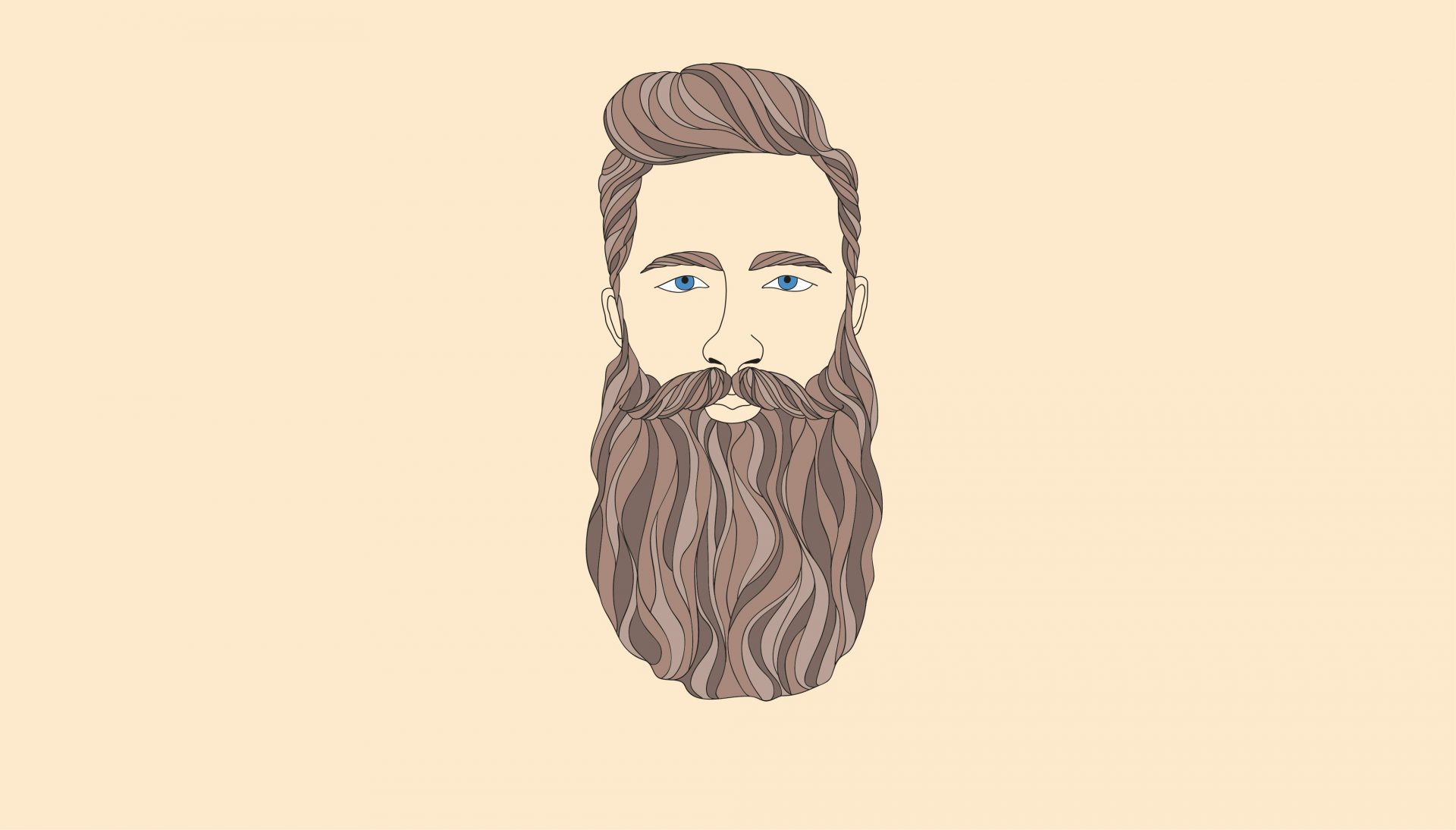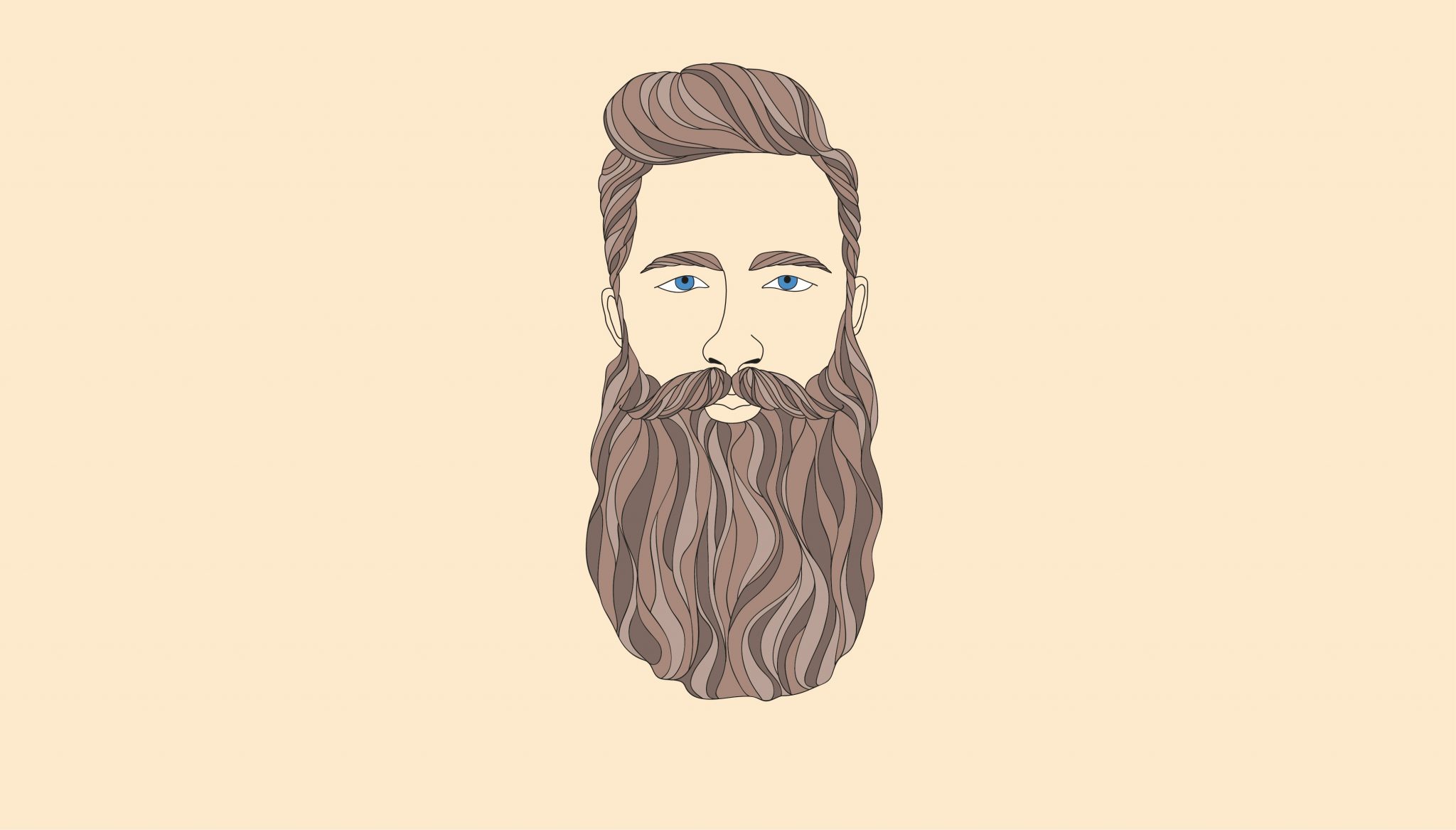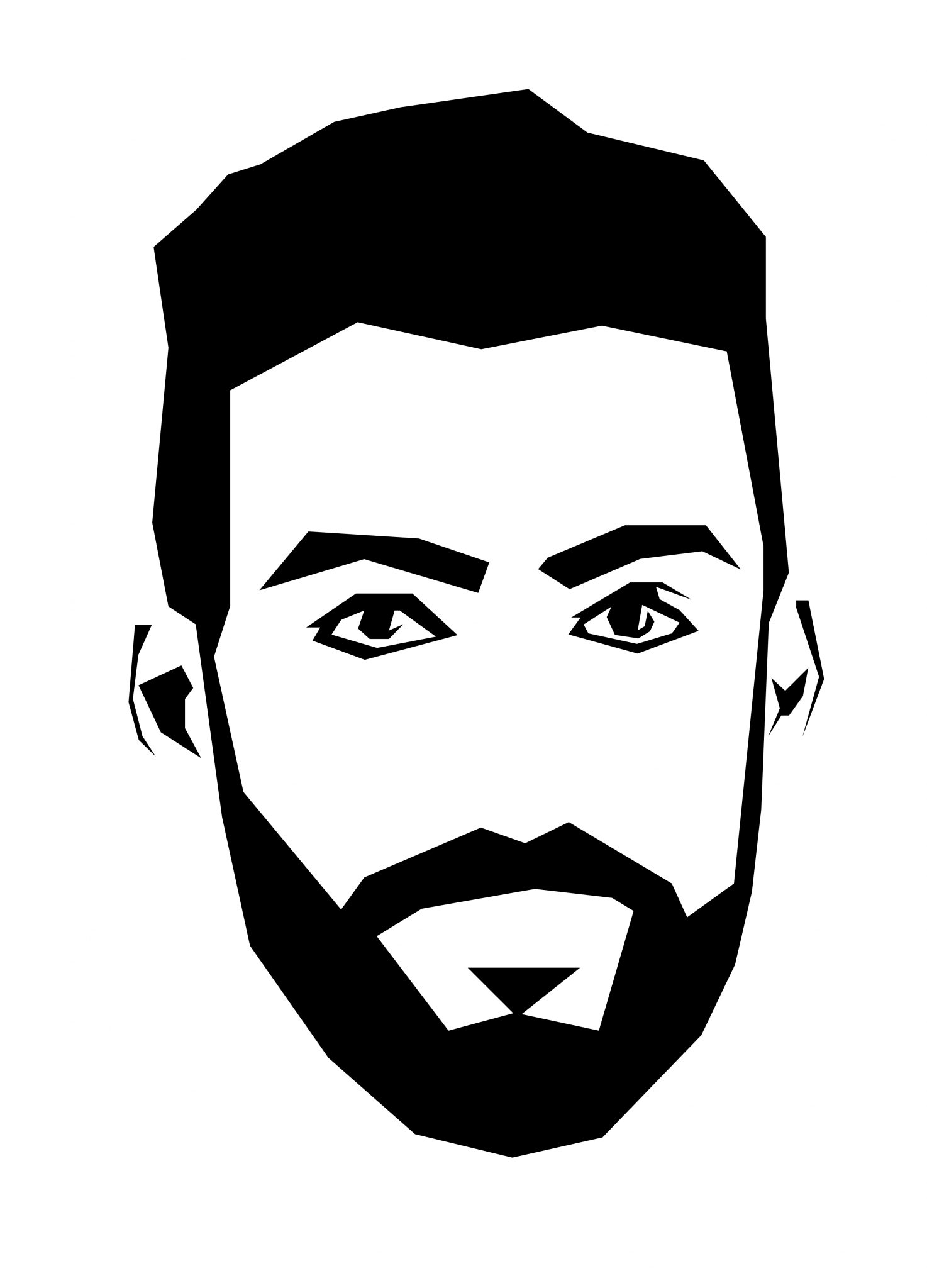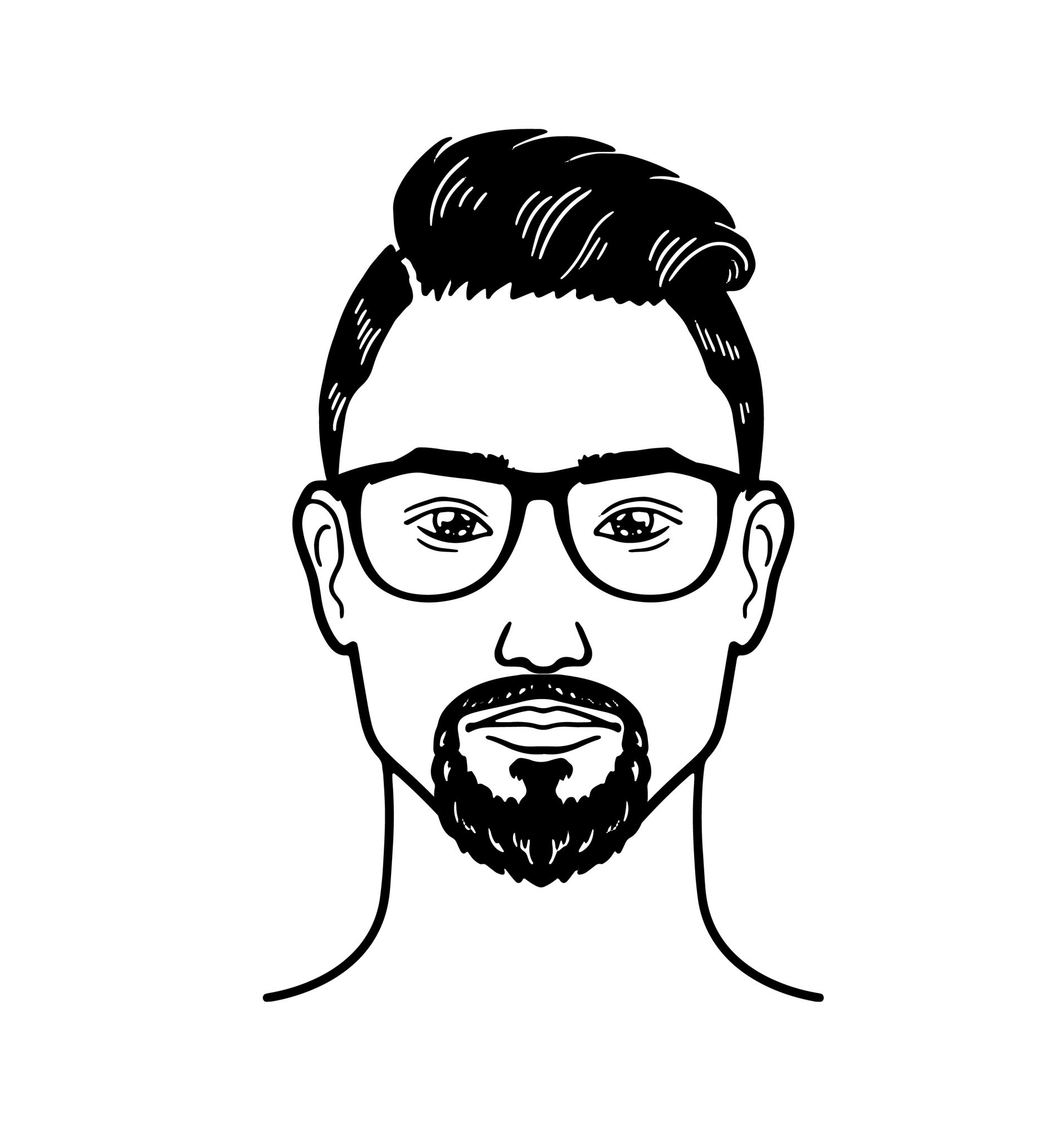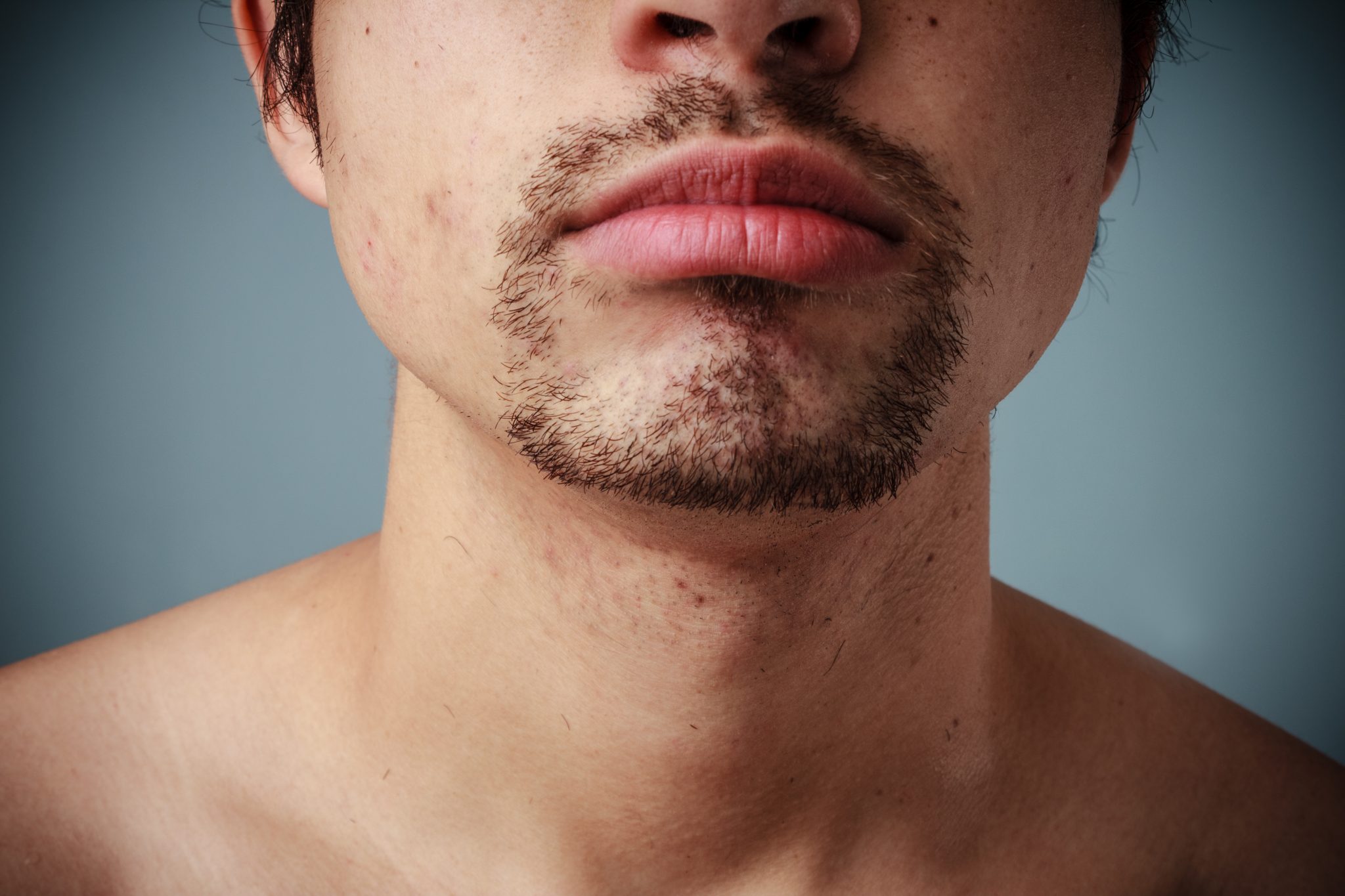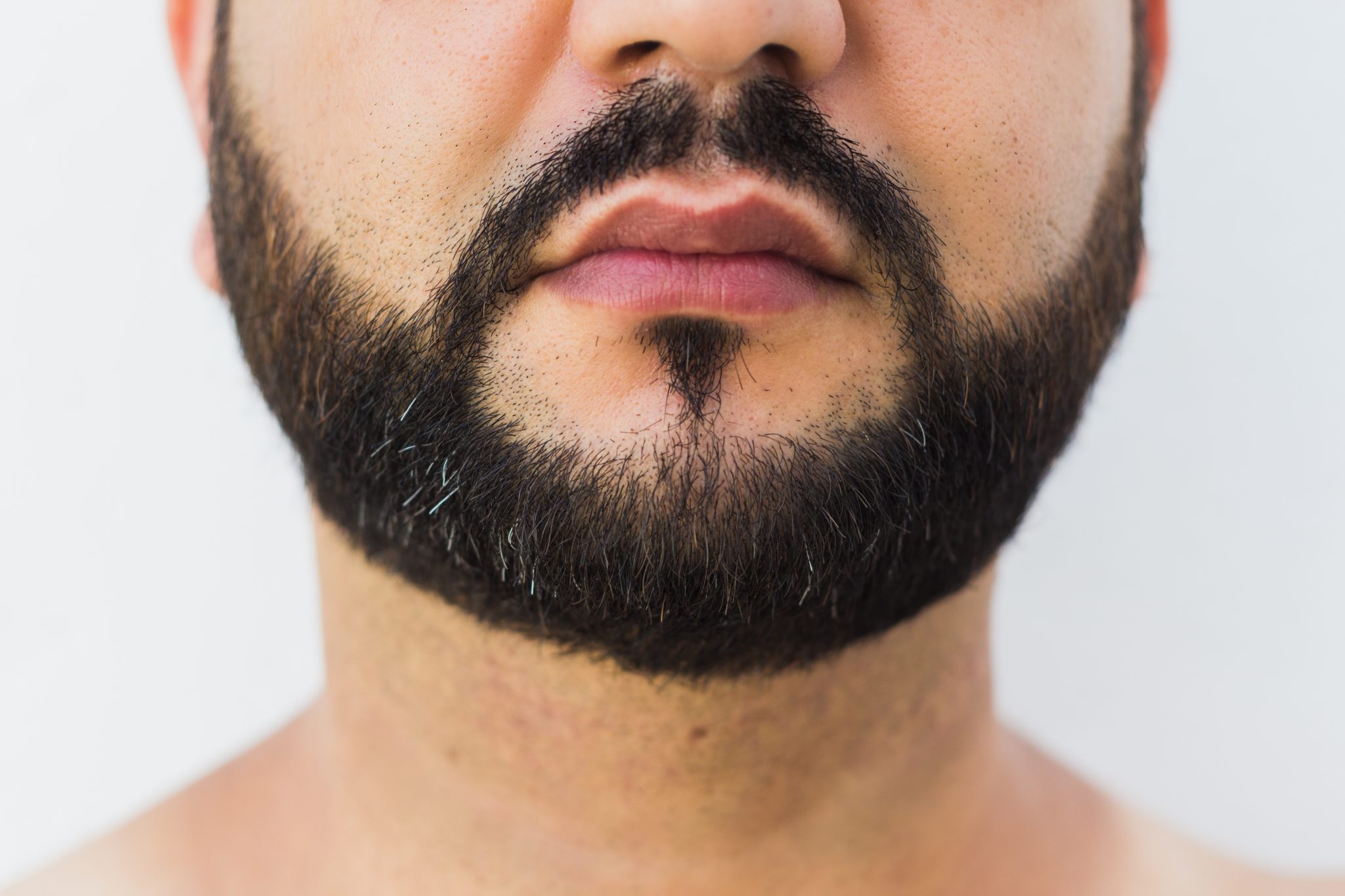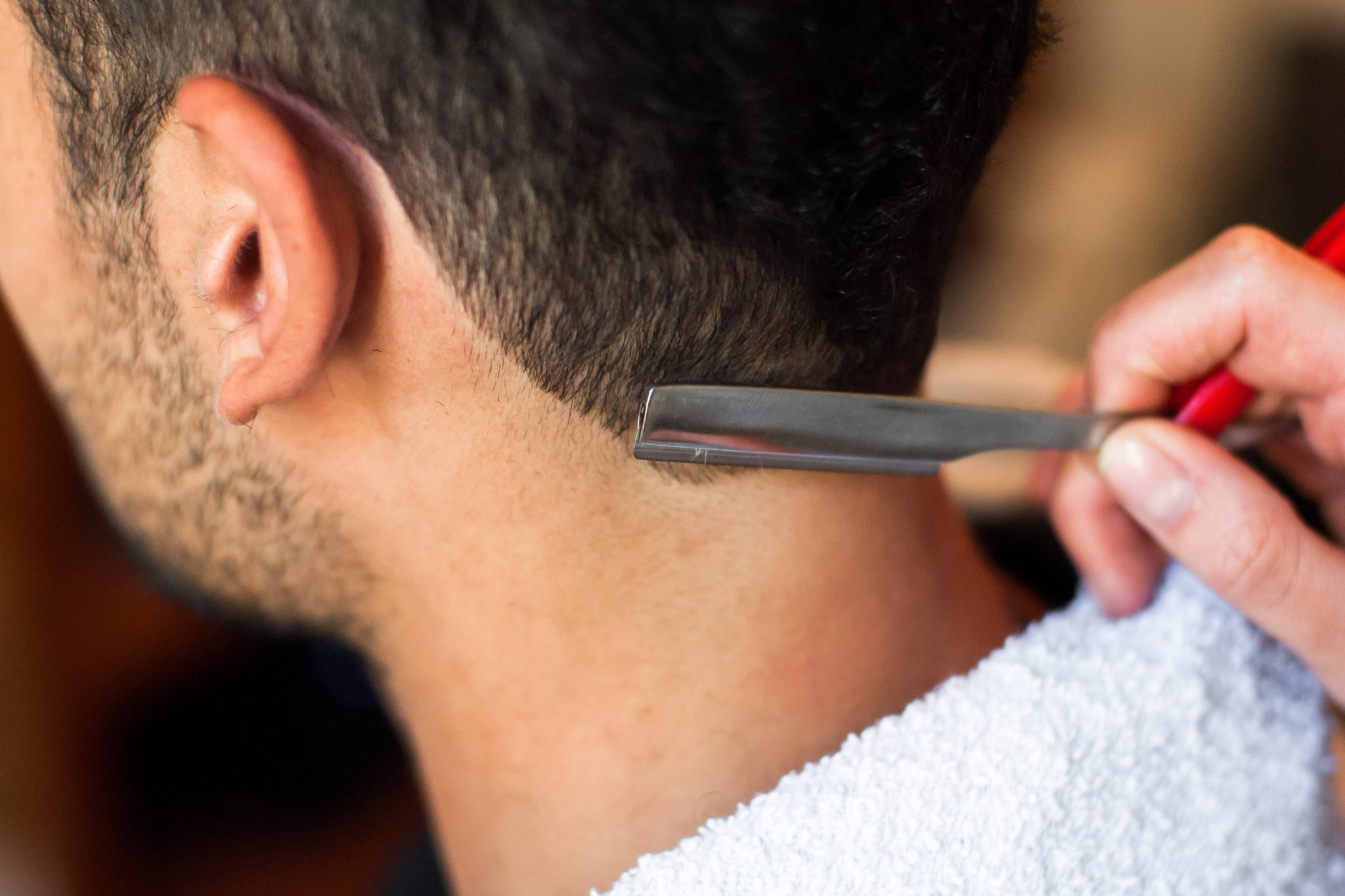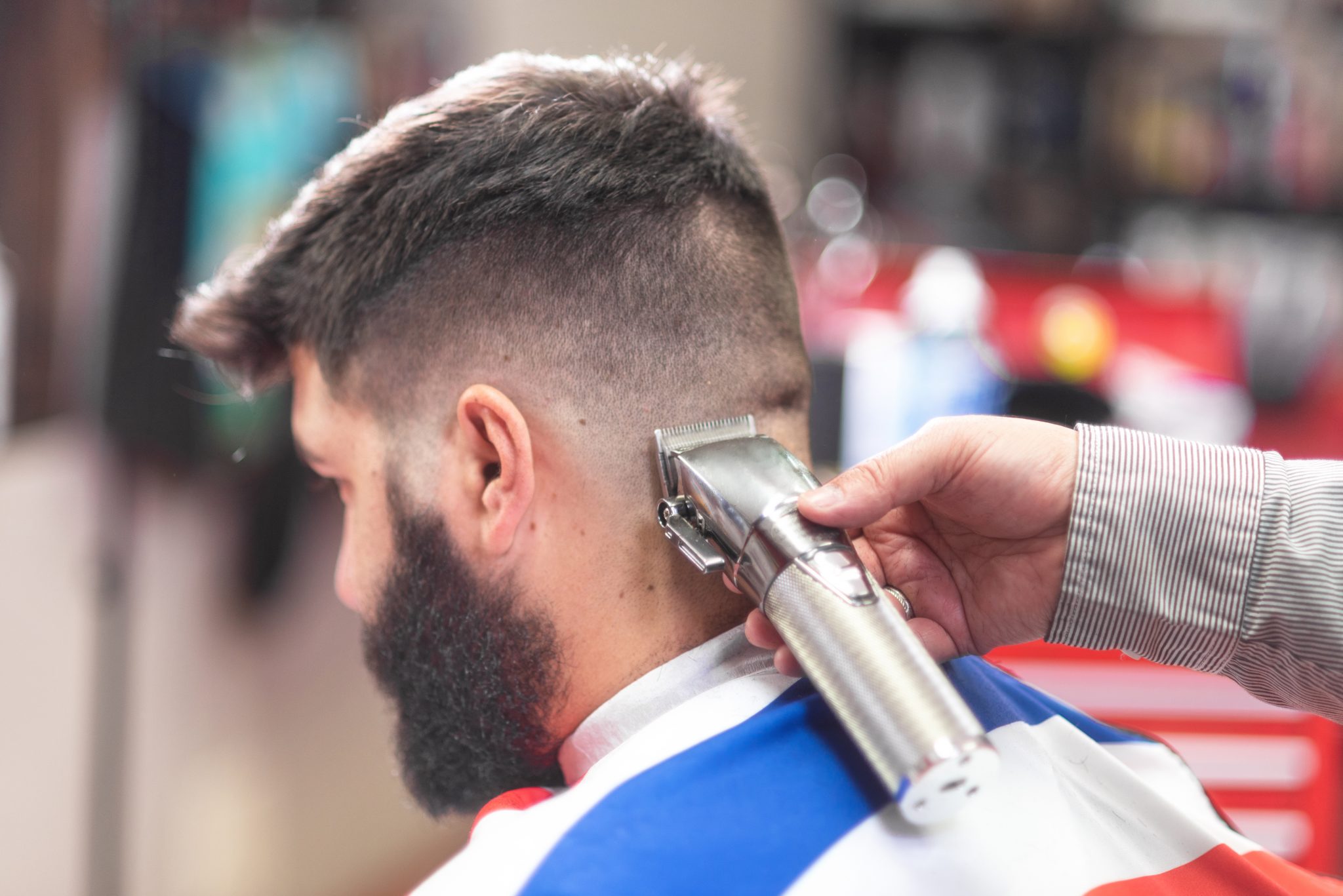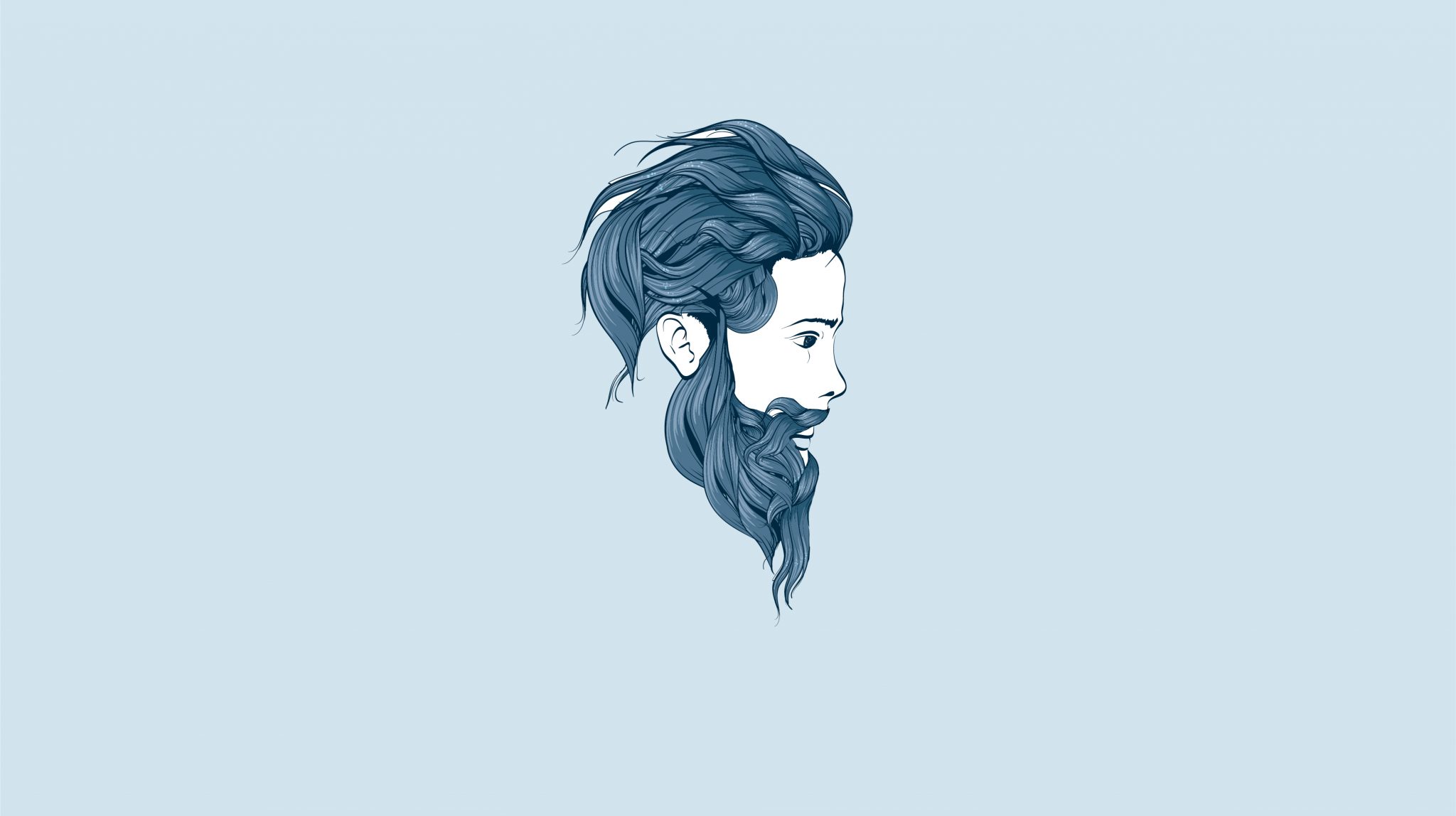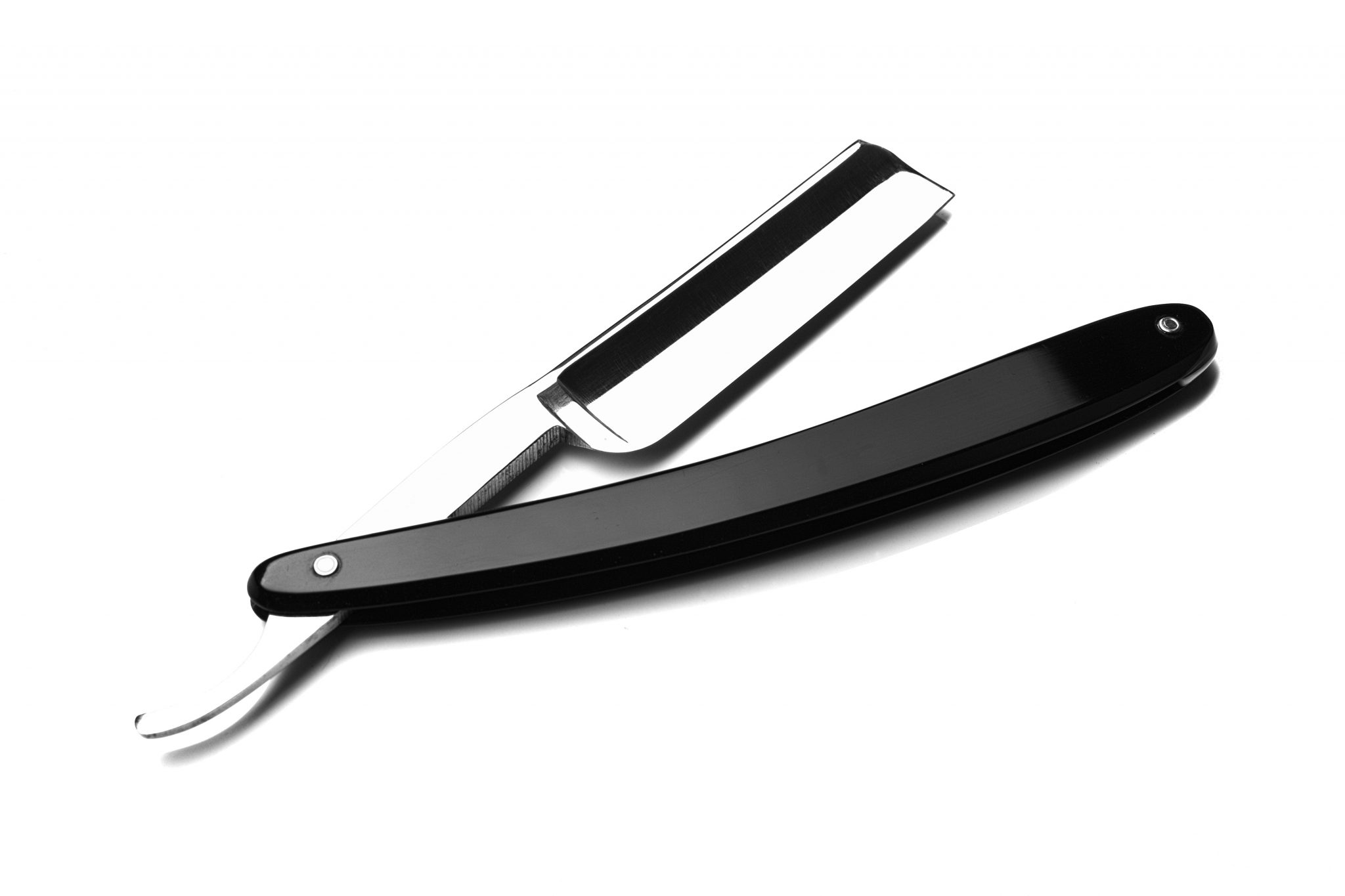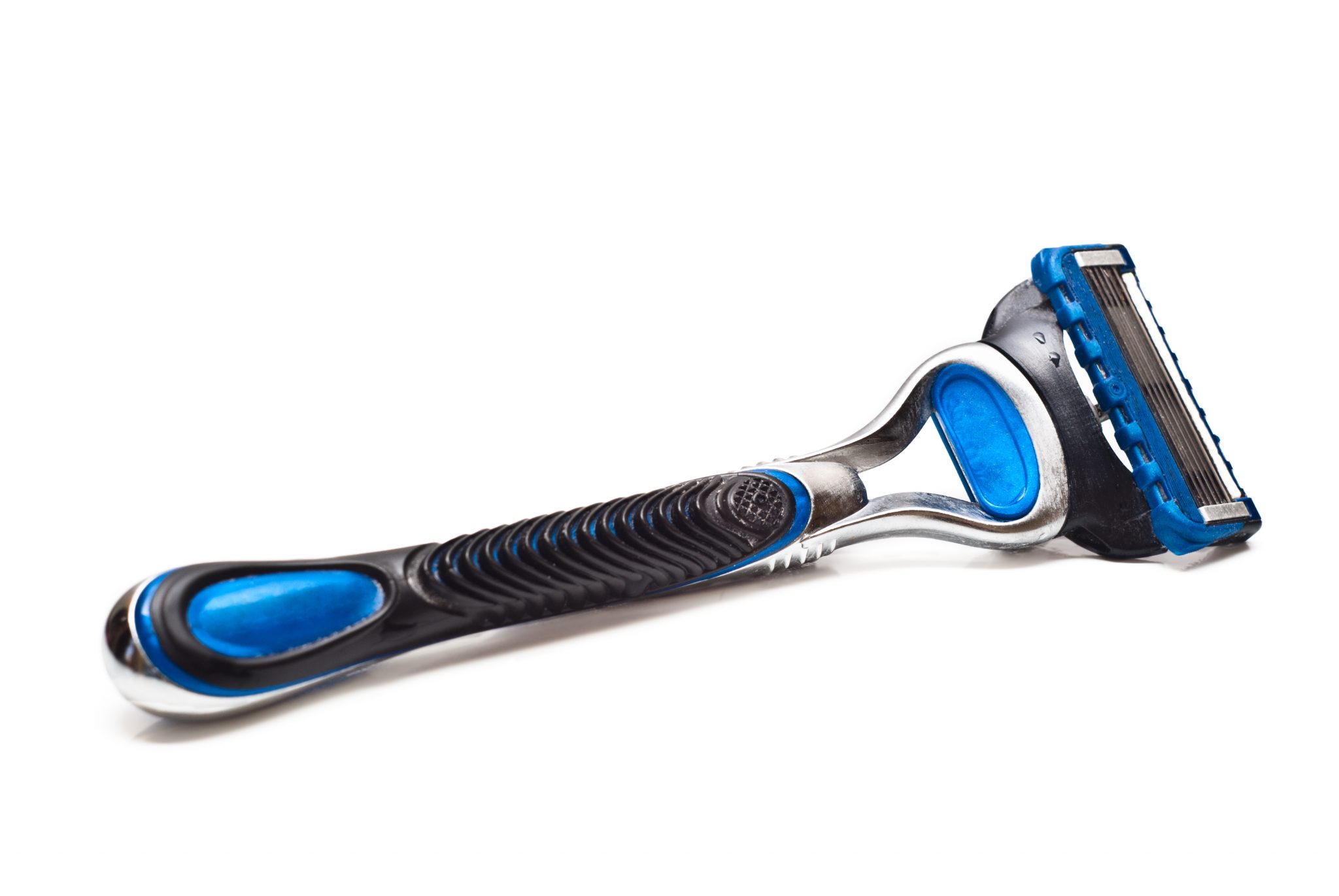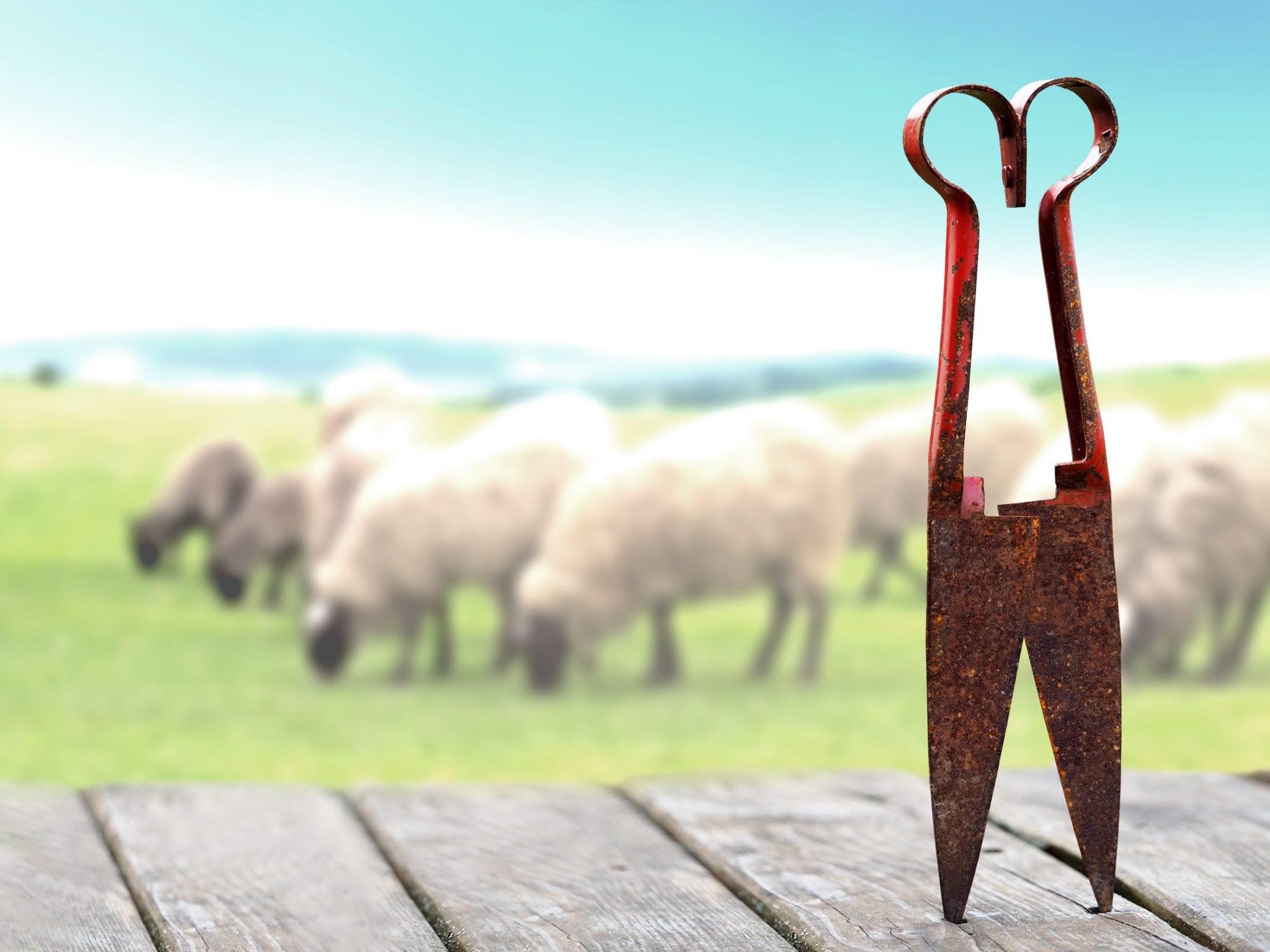The Torah commands that men not destroy the edges of their beards, which implies that men are also commanded to grow their beards, to thus not destroy its edges,
Speak to all the congregation of the people of Israel and say to them… you shall not… destroy the edges of your beard.
Leviticus 19:2-27
Which is why men such as David, Aaron, and the Messiah had beards, to fulfill the command of the Torah regarding the beard, which was a command given to all Israel, including the priests, which is why shaving or plucking out another man’s beard was a way to bring insult and shame to him,
…Speak to the priests, the sons of Aaron and say to them… you shall not… shave the edges of your beards…
Leviticus 21:1-5
It is like the precious oil on the head, running down on the beard, on the beard of Aaron, running down on the collar of his robes!
Psalm 133:2
And Joab said to Amasa, “Is it well with you, my brother?” And Joab took Amasa by the beard with his right hand to kiss him.
2 Samuel 20:9
And David took these words to heart and was much afraid of Achish the king of Gath. So he changed his behavior before them and pretended to be insane in their hands and made marks on the doors of the gate and let spit run down his beard.
1 Samuel 21:12-13
So Hanun took David’s servants and shaved off half the beard of each and cut off their garments in the middle, at their hips, and sent them away. When it was told David, he sent to meet them, for the men were greatly ashamed. And the king said, “Remain at Jericho until your beards have grown and then return.”
2 Samuel 10:4-5
I offered my back to those who beat me, my cheeks to those who pulled out my beard; I did not hide my face from mocking and spitting.
Isaiah 50:6
And they spit on him and took the reed and struck him on the head.
Matthew 27:30
The men who were guarding Yeshua began mocking and beating him.
Luke 22:63
And the edges of the beard, which is the Hebrew word “peah”, which means “side”, “corner”, or “edge”, are above the beard on the cheek, above the mustache on the upper cutaneous lip, below the beard on the neck, and anywhere the edges of the beard end on the face, which is a command that many men today do not obey, either by shaving the edges of their beards into different shapes or by completely shaving off their entire beards,
And the Torah also commands that men not “round off the edges of the head” by shaving around the sides of the head, or by shaving the edges of the hair on the head, or by shaving any part of the head to bring baldness on it, or by shaving the entire head to make the entire head bald,
Speak to all the congregation of the people of Israel and say to them… you shall not round off the edges of your head…
Leviticus 19:2-27
…Speak to the priests, the sons of Aaron and say to them… You shall not make bald spots on your heads…
Leviticus 21:1-5
Which is another command many men today do not obey, either by shaving the edges of the hair of the head on the face or the back of the neck, or buzzing the sides of the head as a “fade cut”, or buzzing the entire head as a “military cut”,
Which even from ancient times, these were commands of the Torah that were not obeyed even by some of the sons of Israel, such as Absalom, who was an evil man, and shaved his head every year,
Now in all Israel there was no one so much to be praised for his handsome appearance as Absalom. From the sole of his foot to the crown of his head there was no blemish in him. And he shaved the hair of his head, for at the end of every year he used to shave it, when it was heavy on him, and when he shaved it, he weighed the hair of his head, two hundred shekels by the king’s weight.
2 Samuel 14:25-26
Then Absalom said to Ahithophel, “Give your counsel. What shall we do?” Ahithophel said to Absalom, “Go in to your father’s concubines, whom he has left to keep the house, and all Israel will hear that you have made yourself a stench to your father, and the hands of all who are with you will be strengthened.” So they pitched a tent for Absalom on the roof. And Absalom went in to his father’s concubines in the sight of all Israel.
2 Samuel 16:20-22
And it was told David, “Ahithophel is among the conspirators with Absalom.” And David said, “O the Master, please turn the counsel of Ahithophel into foolishness.”
2 Samuel 15:31
And Absalom and all the men of Israel said, “The counsel of Hushai the Archite is better than the counsel of Ahithophel.” For the Master had ordained to defeat the good counsel of Ahithophel, so that the Master might bring harm upon Absalom.
2 Samuel 17:14
And although the Torah does not permit shaving the beard nor the head, the Torah does indeed permit trimming the hair of the beard and the hair of the head to diminish their lengths so that they do not grow too long, without shaving their edges nor making either of these areas bald, which is why the prophets and the apostles speak of trimming the hair of the head,
They shall not shave their heads or let their hair grow long; they shall surely trim their hair.
Ezekiel 44:20
Does not nature itself teach you that if a man wears long hair it is shameful for him
1 Corinthians 11:14
And these command were not given by God because shaving or not shaving a beard is intrinsically good nor intrinsically evil, which is why the Torah gave separate commands of when the beard or head must be shaven, such as when a man cleansed himself after having leprosy, which also included shaving the entire body, along with the eyebrows and the head,
This shall be the Torah of the leprous person for the day of his cleansing… And he who is to be cleansed shall wash his clothes and shave off all his hair and bathe himself in water, and he shall be clean. And after that he may come into the camp, but live outside his tent seven days. And on the seventh day he shall shave off all his hair from his head, his beard, and his eyebrows. He shall shave off all his hair, and then he shall wash his clothes and bathe his body in water, and he shall be clean.
Leviticus 14:2-9
But these commands were given by God to set apart a man of God from ordinary people on earth, which can be compared to a man having 5 light bulbs that are turned off and upside down, yet he decides to set apart 1 light bulb from the others by turning it around and turning it on, and thus, that light bulb has now become “set-apart” from the other ordinary light bulbs,
For most men in the nations do not obey these commands, neither now nor in ancient times, for even when Joseph was presented to Pharaoh, he was shaven and given clothes to appear before Pharaoh, to thus conform to the traditions of the Egyptians in those times,
Then Pharaoh sent and called Joseph, and they quickly brought him out of the pit. And after shaving and changing his clothes, he came in before Pharaoh.
Genesis 41:14
And once a man obeys the commands of the Torah, including the command of the beard, then he becomes set-apart from all ordinary people on earth, which is required to see God,
so as to make a distinction between the set-apart and the ordinary, and between the unclean and the clean,
Leviticus 10:10
…You shall be set-apart, for I the Master your God am set-apart.
Leviticus 19:2
You shall be set-apart to me, for I the Master am set-apart and have separated you from the peoples, that you should be mine.
Leviticus 20:26
For you are a set-apart people to the Master your God. the Master your God has chosen you to be a people for Himself, a treasured possession above all the peoples on the face of the earth.
Deuteronomy 7:6
And you shall set yourselves apart, and shall be set-apart, for I am the Master your God
Leviticus 20:7
and you shall guard my Torot and do them. I am the Master, who sets you apart.
Leviticus 20:8
the Master does establish you as a set-apart people to himself, as he has sworn to you, if you guard the commands of the Master your God and walk in his ways.
Deuteronomy 28:9
Then you will remember and obey all my commands, and you will be set-apart to your God.
Numbers 15:40
Pursue peace with all, and pursue set-apartness without which no one shall see the Master.
Hebrews 12:14
Which is why in relation to the set-apartness of the people of Israel and priests through such commands regarding the beard, those who performed the Nazirite vow were commanded to not even trim the hair of their heads, unlike the people of Israel and priests who were indeed permitted to trim their hair, and the long hair of the Nazirites served as a sign of their set-apart vow,
And the Master spoke to Moses, saying, speak to the people of Israel and say to them, when either a man or a woman makes a special vow, the vow of a Nazirite, to separate himself to the Master… All the days of his vow of separation, no knife shall touch his head. Until the time is completed for which he separates himself to the Master, he shall be set-apart. He shall let the locks of hair of his head grow long.
Numbers 6:1-5
Yet if they had trimmed their hair after taking the Nazirite vow, it would have been sin unto them, because it would be a transgression of the command to not trim their hair, which is why although Delilah was the one who committed a transgression against God by having Samson’s hair cut, who was not permitted to cut his hair because he had taken a Nazirite vow, he was no longer set-apart to God, because the long hair that set him apart was now cut, which is why God left him, and Samson had no more strength in him, yet after his hair began to grow back, God returned his strength to him,
And he told her all his heart, and said to her, “A knife has never come upon my head, for I have been a Nazirite to God from my mother’s womb. If my head is shaved, then my strength will leave me, and I shall become weak and be like any other man.”
Judges 16:17
She made him sleep on her knees. And she called a man and had him shave off the seven locks of his head. Then she began to torment him, and his strength left him. And she said, “The Philistines are upon you, Samson!” And he awoke from his sleep and said, “I will go out as at other times and shake myself free.” But he did not know that the Master had left him. And the Philistines seized him and gouged out his eyes and brought him down to Gaza and bound him with bronze shackles. And he ground at the mill in the prison. But the hair of his head began to grow again after it had been shaved… Then Samson called to the Master and said, “O Master the Master, please remember me and please strengthen me only this once, O God, that I may be avenged on the Philistines for my two eyes.” And Samson grasped the two middle pillars on which the house rested, and he leaned his weight against them, his right hand on the one and his left hand on the other. And Samson said, “Let me die with the Philistines.” Then he bowed with all his strength, and the house fell upon the lords and upon all the people who were in it. So the dead whom he killed at his death were more than those whom he had killed during his life.
Judges 16:19-30
And in likewise manner, whoever disobeys the command of not shaving the beard or shaving the head is committing a sin, unless he shaves to fulfill a specific command of the Torah of when to shave, such as when a Leper is commanded to shave everything when he is cleansed, or when a Nazirite is commanded to shave his head when he fulfills his time of separation, or when a Levite is commanded to shave everything when he is cleansed, or if he receives a direct command from God to shave or cut his hair, such as in the case of the prophet Ezekiel,
Take the Levites from among the people of Israel and cleanse them. Thus you shall do to them to cleanse them: sprinkle the water of purification upon them, and let them go with a razor over all their flesh, and wash their clothes and cleanse themselves.
Numbers 8:6-7
And this is the Torah for the Nazirite, when the time of his separation has been completed… the Nazirite shall shave his separated head at the entrance of the Tent of Meeting and shall take the hair from his separated head and put it on the fire that is under the sacrifice of the restitution offering.
Numbers 6:13-18
And you, O son of man, take a sharp sword. Use it as a barber’s razor and pass it over your head and your beard. Then take balances for weighing and divide the hair.
Ezekiel 5:1
And even though it is sin for a man to shave his beard because of disobedience of the command of God regarding the beard, shaving the beard is also contrary to the natural appearance God intended a man to have, who was made in the image of God, which is why the beard grows, for just as the glory of a woman is her long hair, the glory of a man is his beard, which is a distinct feature of the face that sets apart a man from a woman,
Does not nature itself teach you that if a man wears long hair it is a shameful for him, but if a woman has long hair, it is her glory? For long hair is given to her as a covering.
1 Corinthians 11:14-15
For a man ought not to cover his head, since he is the image and glory of God…
1 Corinthians 11:7
In which case, in ancient times there existed two ways someone could “shave”, either using a sword or knife or razor, which would be the equivalent of our modern straight razor or shaving razor, which we would call “shaving the hair” when using these tools, or using shears, which were like scissors, which were used to cut the fleece of sheep, which we would call “shearing the hair” when using these tools, which are still used today, although the modern equivalent of the shear would now be the electric clippers, which we would call “buzzing the hair” when using this tool,
In that day the Master will shave with a hired knife those beyond the River of the king of Assyria, the head, and the hair of the feet, and the beard he will remove.
Isaiah 7:20
He was oppressed, and he was afflicted, yet he opened not his mouth; like a lamb that is led to the slaughter, and like a sheep before it is sheared is silent, so he opened not his mouth.
Isaiah 53:7
Now the passage of the Scripture that he was reading was this: “Like a sheep he was led to the slaughter and like a lamb before it is sheared is silent, so he opens not his mouth.
Acts 8:32
And although the knife attained a much closer cut than shears, just as a straight razor attains a much closer cut than electric clippers, either of these tools made the “shave” that was prohibited by the Torah upon the head and beard, where “shearing” and “shaving” left the hair on the skin very short, yet at slightly varying lengths a few millimeters apart, which is why in another instance where the Torah commanded that certain women be “shaved”, which were captive women that were taken as wives, the apostle Paul conceded that if a woman does not want to wear a head covering as a sign she is under submission in marriage to the authority of a husband, then she must be “shorn”, which is the Greek word “keiró”, or “shaven”, which is the Greek word “xurao”, which are the two distinct types of very close cuts by two different tools, yet both types of cuts are the “shave” of the Torah, which is the Hebrew word “galach”, and either type of haircut on the head would serve as another sign that a woman is married should the woman not want to cover her head, in relation to the command of the Torah regarding shaving the heads of captive women that were taken as wives,
When you go out to war against your enemies, and the Master your God gives them into your hand and you take them captive, and you see among the captives a beautiful woman, and you desire to take her to be your wife, and you bring her home to your house, she shall shave her head and trim her nails.
Deuteronomy 21:10-12
To the woman he said, “I will surely multiply your pain in childbearing; in pain you shall bring forth children. Your desire shall for your husband, but he shall rule over you.”
Genesis 3:16
And Rebekah lifted up her eyes, and when she saw Isaac, she dismounted from the camel and said to the servant, “Who is that man, walking in the field to meet us?” The servant said, “It is my master.” So she took her veil and covered herself. And the servant told Isaac all the things that he had done. Then Isaac brought her into the tent of Sarah his mother and took Rebekah, and she became his wife, and he loved her. So Isaac was comforted after his mother’s death.
Genesis 24:64-67
Wives, submit to your own husbands, as to the Master.
Ephesians 5:22
That is why a wife ought to have a sign of authority on her head…
1 Corinthians 11:10
For if a wife will not cover her head, then let her be shorn. But if it is shameful for a wife to be shorn or shaven, then let her cover her head.
1 Corinthians 11:6
Which is why in the instance that the Torah commanded Nazirites to shave their heads when they fulfilled the time of their vow, which was the Hebrew word “galach”, the apostle Paul “sheared” his head when he completed the time of his Nazirite vow, which is the Greek word “keiró”, yet another 4 men in Jerusalem who had also completed the Nazirite vow, “shaved” their heads, which is the Greek word “xurao” , which again, they are two distinct haircuts on the head by two distinct tools, yet both types of cuts are the “shave” of the Torah, because they are both very close cuts to skin,
And the Nazirite shall shave his separated head…
Numbers 6:18
After this, Paul stayed many days longer and then took leave of the brothers and set sail for Syria, and with him Priscilla and Aquila. At Cenchreae he sheared his head, for he was under a vow.
Acts 18:18
Do therefore what we tell you. We have four men who are under a vow; take these men and purify yourself along with them and pay their expenses, so that they may shave their heads. Thus all will know that there is nothing in what they have been told about you, but that you yourself also live in observance of the Torah.
Acts 21:23-24
As such, in ancient times, it was a common practice to shave the head or the beard when a man was in mourning,
Make yourselves bald and cut off your hair, for the children of your delight; make yourselves as bald as the eagle, for they shall go from you into exile.
Micah 1:16
In that day the Master the Master of armies called for weeping and mourning, for baldness and wearing sackcloth
Isaiah 22:12
they make themselves bald for you and gird themselves with sackcloth, and they weep over you in bitterness of soul, with bitter mourning.
Ezekiel 27:31
For every head is shaved and every beard diminished. On all the hands are gashes, and around the waist is sackcloth. On all the housetops of Moab and in the squares there is nothing but lamentation, for I have broken Moab like a vessel for which no one cares, declares the Master.
Jeremiah 48:37-38
He has gone up to the temple, and to Dibon, to the high places to weep; over Nebo and over Medeba Moab wails. On every head is baldness; every beard is diminished;
Isaiah 15:2
Which was sin to do, because the Torah did not command nor permit a man to shave his beard or head when in mourning, which is why in relation to men shaving their heads and beards when they mourned, the Torah also gave a command prohibiting men from cutting their bodies for the dead, which was another ancient practice men did when they mourned,
Ishmael the son of Nethaniah and the ten men with him rose up and struck down Gedaliah the son of Ahikam, son of Shaphan, with the sword, and killed him, whom the king of Babylon had appointed governor in the land. Ishmael also struck down all the Judeans who were with Gedaliah at Mizpah, and the Chaldean soldiers who happened to be there. On the second day after the murder of Gedaliah, when no one yet knew about it, eighty men arrived from Shechem and Shiloh and Samaria, with their beards shaved and their clothes torn, and cut themselves, bringing offerings and incense to present at the temple of the Master.
Jeremiah 41:2-5
You shall not make any cuts on your body for the dead…
Leviticus 19:28
And although shaving the head or beard to bring baldness on them was forbidden by the Torah, or to destroy the edges of the hair of the head or beard, even in the context of mourning, plucking a few hairs from the head or beard was not, because plucking a few hairs does not bring baldness to the head or beard and still retains the general form of all the hair and its edges, which is why Ezra, who was obedient to the commandments of the Torah, plucked hairs from his head and beard when he heard news of a transgression committed by his Israelite brothers,
For they have taken some of their daughters to be wives for themselves and for their sons, so that the set-apart offspring has mixed itself with the peoples of the lands. And in this faithlessness the hand of the officials and chief men has been foremost. As soon as I heard this, I tore my garment and my cloak and pulled hair from my head and beard and sat appalled.
Ezra 9:2-3
Which Nehemiah also did, not his own hair, but the hair of those who intermarried and disobeyed the command of the Torah that the sons of Israel shall not intermarry with women of specific nations,
In those days also I saw the Jews who had married women of Ashdod, Ammon, and Moab. And half of their children spoke the language of Ashdod, and they could not speak in the Jewish language, but only the language of each people. And I confronted them and cursed them and beat some of them and pulled out their hair. And I made them take an oath in the name of God, saying, “You shall not give your daughters to their sons, or take their daughters for your sons or for yourselves. Did not Solomon king of Israel sin on account of such women? Among the many nations there was no king like him, and he was beloved by his God, and God made him king over all Israel. Nevertheless, foreign women made even him to sin. Shall we then listen to you and do all this great evil and act transgressing against our God by marrying foreign women?” And one of the sons of Jehoiada, the son of Eliashib the high priest, was the son-in-law of Sanballat the Horonite. Therefore I chased him from me.
Nehemiah 13:23-28
When the Master your God brings you into the land that you are entering to take possession of it, and clears away many nations before you, the Hittites, the Girgashites, the Amorites, the Canaanites, the Perizzites, the Hivites, and the Jebusites, seven nations more numerous and mightier than you, and when the Master your God gives them over to you, and you defeat them, then you must devote them to complete destruction. You shall make no covenant with them and show no mercy to them. You shall not intermarry with them, giving your daughters to their sons or taking their daughters for your sons, for they would turn away your sons from following me, to serve other gods. Then the anger of the Master would be kindled against you, and he would destroy you quickly.
Deuteronomy 7:1-4
No Ammonite or Moabite may enter the assembly of the Master. Even to the tenth generation, none of them may enter the assembly of the Master aeonially
Deuteronomy 23:3
On that day they read from the Book of Moses in the hearing of the people. And in it was found written that no Ammonite or Moabite should enter the assembly of God aeonially, for they did not meet the people of Israel with bread and water, but hired Balaam against them to curse them—yet our God turned the curse into a blessing. As soon as the people heard the Torah, they separated from Israel all those of foreign descent.
Nehemiah 13:1-3
And even though plucking a few hairs in mourning is not sin, which is not commonly practiced today, it is indeed better to express grief in less damaging ways to the body, such as beating the chest, or even weeping by shedding tears,
But the tax collector, standing far off, would not even lift up his eyes to heaven, but beat his breast, saying, ‘God, be merciful to me, a sinner!’
Luke 18:13
Yeshua wept.
John 11:35
As such, men must grow the hair of their beards and the hair of their heads, and should trim both so that they do not grow too long, and women must grow the hair of their heads long, and man and woman must not destroy the edges of the hair of the head, which would include not destroying the edges of other types of hair, such as the eyebrows, and men must not destroy the edges of their beards.
